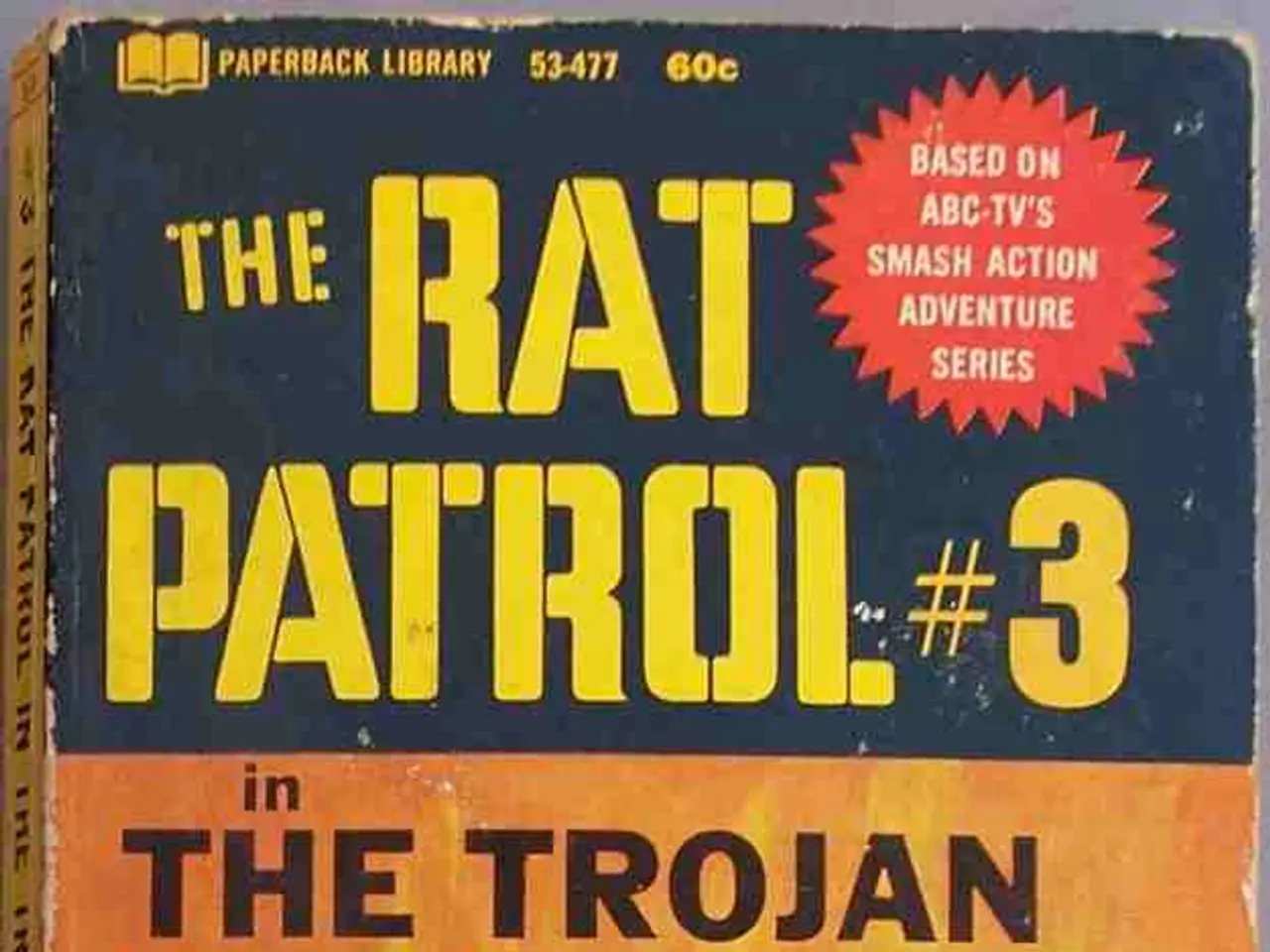Pentagon Granted Secret Authorization by Trump to Employ Military Force Against Criminal Cartels (The New York Times)
In a move that could have significant implications for international relations and domestic law, President Donald Trump has reportedly secretly authorized the Pentagon to use military force against drug cartels designated as terrorist organizations [1][2][3]. This directive grants the Pentagon authority to conduct operations on foreign soil and at sea aimed at these cartels.
The US State Department previously designated the Sinaloa Cartel, Jalisco Nueva Generación (CJNG), Carteles Unidos del Golfo (CDG) cartels, the Cartel del Noreste (CDN), La Familia Michoacana, the Venezuelan Tren de Aragua cartel, and the Mara Salvatrucha gang as terrorist organizations last February [4].
The precise scope and legality of such military operations remain unclear and controversial. While the administration has designated the cartels as foreign terrorist organizations to justify the use of military force, questions arise about sovereignty issues, international law constraints, and US domestic law and war powers.
Sovereignty issues are paramount, as such operations would occur in countries like Mexico, whose government has firmly rejected any US military intervention on its soil, emphasizing cooperation but ruling out invasion [1][2]. International law constraints also come into play, as military action in another sovereign nation typically requires consent or must align with international legal norms.
Moreover, authorizing military force abroad involves complex rules under the War Powers Resolution and other statutes governing the use of force by the Executive Branch. Experts and analysts predict that the directive could spark legal debates over the limits of presidential power to deploy the military against non-state actors abroad labeled as terrorists without congressional authorization [1][5].
The order provides an official basis for the possibility of direct military operations at sea and on foreign soil against cartels. However, the US Department of Defense declined to comment on the new directive, and the NYT adds that ordering the military to combat illicit trafficking also raises legal questions, such as whether it would be considered 'murder' if US forces killed civilians who do not pose an imminent threat [1].
White House spokeswoman Anna Kelly stated that "President Trump's top priority is protecting the homeland" [6], while Secretary of State Marco Rubio stated that designating cartels as terrorist groups allows the US to use other elements of American power, such as Intelligence agencies and the Department of Defense, to attack these groups if the opportunity arises [7].
As military officials begin developing options for pursuing these groups, the US has begun developing options for pursuing cartels using military force [8]. The US State Department's advisory states that cartels pose a risk to US national security, foreign policy, and economic interests [9].
This development comes after reports that Trump wanted to send US troops into Mexico to hunt down drug cartels [10]. As the situation unfolds, the legality, practical implementation, and international diplomatic consequences of this directive remain highly contested and uncertain [1][2][5].
References: [1] https://www.nytimes.com/2021/02/11/us/politics/trump-cartels-military.html [2] https://www.cnn.com/2021/02/11/politics/trump-cartels-military-strike/index.html [3] https://www.washingtonpost.com/national-security/trump-cartels-military-strike/2021/02/11/1cb8f24c-42d1-11eb-a48d-27638064318d_story.html [4] https://www.state.gov/foreign-terrorist-organizations/ [5] https://www.politico.com/news/2021/02/11/trump-cartels-military-strike-468724 [6] https://www.whitehouse.gov/briefings-statements/remarks-press-briefing-by-press-secretary-kayleigh-mcenany-2/ [7] https://www.washingtonpost.com/politics/2021/02/11/trump-cartels-designated-terrorist-groups-could-open-door-military-strikes/ [8] https://www.reuters.com/article/us-usa-trump-cartels-idUSKBN2B22DQ [9] https://www.state.gov/foreign-terrorist-organizations/ [10] https://www.nytimes.com/2020/03/16/us/politics/trump-mexico-military-operation.html
- The new directive, which authorizes the use of military force against drug cartels deemed terrorists, could lead to heated debates in the realm of politics, as it raises questions about international law, sovereignty issues, and the limits of presidential power, particularly under the War Powers Resolution.
- The designation of certain drug cartels as foreign terrorist organizations, such as the Sinaloa Cartel and the Jalisco Nueva Generación (CJNG), could potentially escalate war-and-conflicts and crime-and-justice issues, as military operations against these groups may involve complex general-news situations, including domestic law concerns and international diplomatic consequences.








